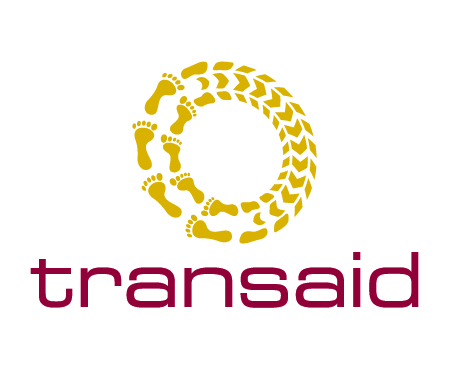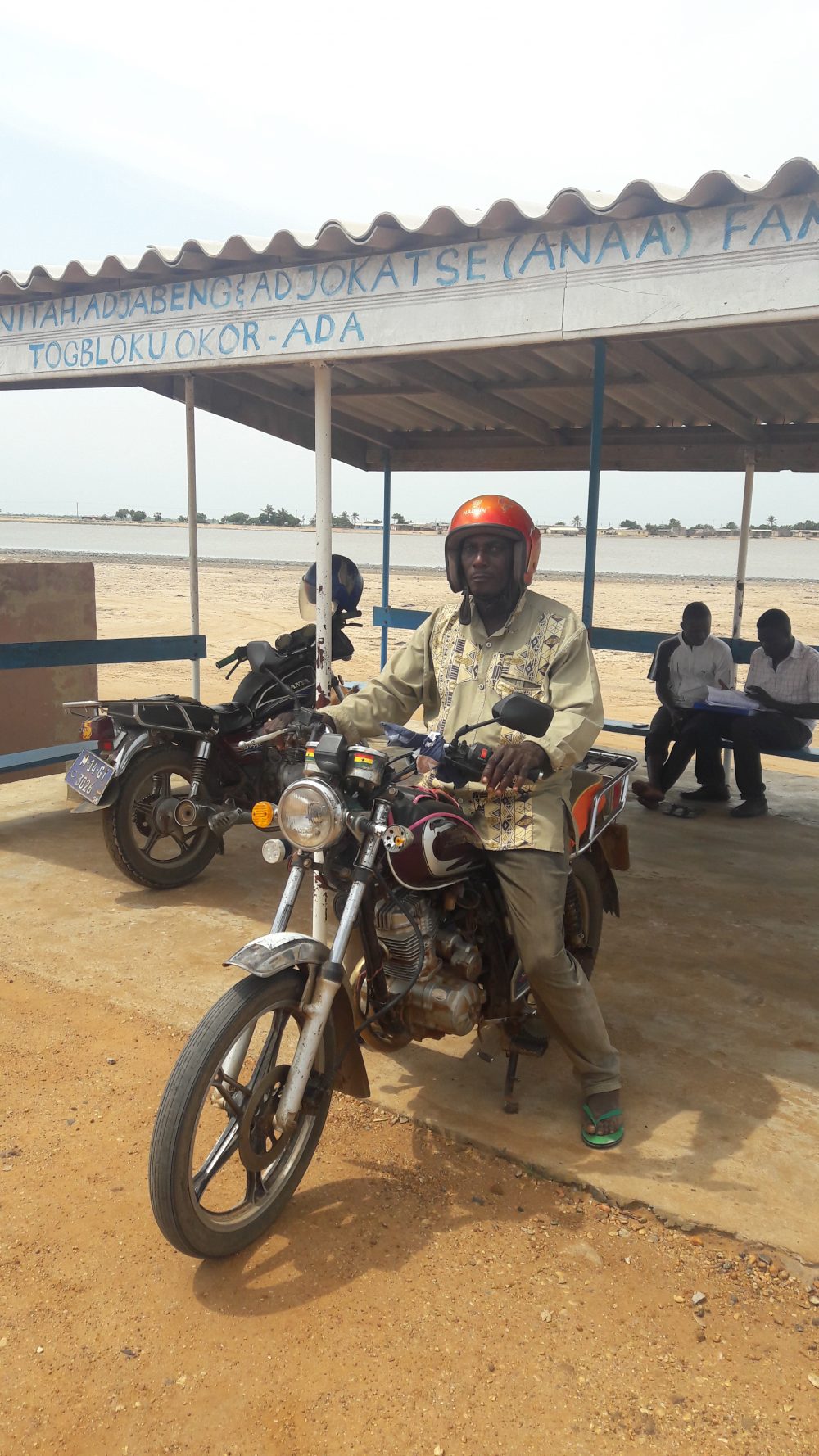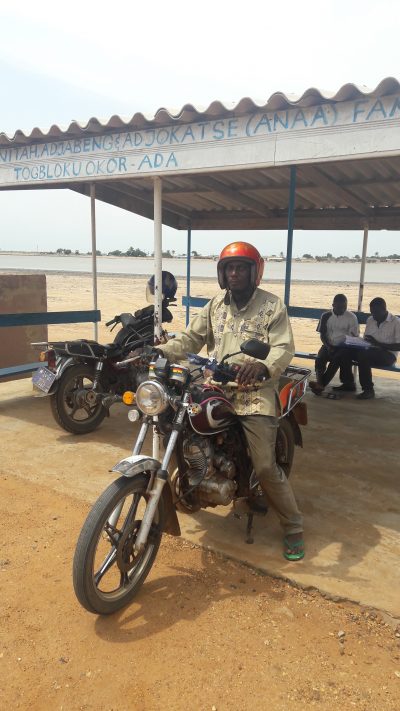International development organisation Transaid has commenced a project to review legislation and training related to the use of motorcycles and three-wheelers in the Democratic Republic of Congo (DRC), as part of research to look at their role in providing vital rural access.
The project, funded by the Department for International Development (DFID) as part of the Research for Community Access Partnership (ReCAP), has already demonstrated the importance of motorcycle rider training in four African countries where research has been completed – Ghana, Kenya, Tanzania and Uganda.
Transaid is working together with road safety non-governmental organisation (NGO) Amend to undertake a survey to better understand the advantages and disadvantages of motorcycle taxi and three-wheeler transport. The project will run until December 2019.
Motorcycles have emerged as a key feature of rural life in sub-Saharan Africa, often operating where other means of transport aren’t available due to the road conditions. Three-wheeler use is also increasing as a way to carry farm produce and passengers, as well as providing people in rural areas with access to essential services and act as informal ambulances in emergencies.
Transaid’s Chief Executive, Caroline Barber, says: “The main barriers we found during the first phase of research was a serious lack of training available in rural areas, the cost of it, and riders not believing in the need for training.”
“To have the opportunity to grow this project into the DRC marks a great opportunity for all partners involved. We want to do everything we can to support better safety standards for anyone using a motorbike or three-wheeler, and understanding exactly what is happening on the ground today is the perfect place to start.”
Based on the findings from the first phase of the project, two manuals have now been produced by the consortium of partners initially for use in Tanzania. The first offers guidance for the set-up and operation of motorcycle taxi and three-wheeler associations, covering topics such as management structure, rider training and mentoring.
The second is an instructors’ manual which complements an existing motorcycle and three-wheeler rider training curriculum developed in 2015, with the new manual covering modules on the basics of motorcycle riding, manoeuvring exercises and negotiating the road safely.
Annabel Bradbury, Deputy Team Leader at ReCAP programme, says: “Transaid has implemented ground-breaking research on the use of commercial motorcycles and three-wheeler operations in sub-Saharan Africa, and has produced some incredible outputs, including a comprehensive literature review and two manuals which will be beneficial to many more African countries.”
Transaid hopes to adapt and launch similar materials into DRC following the completion of its initial research.
For more information and to find out how you can support the organisation visit www.transaid.org.
ends
Note to Editor:
Transaid transforms lives through safe, available, and sustainable transport. Founded by Save the Children, The Chartered Institute of Logistics and Transport (CILT), and its Patron, HRH The Princess Royal, the international development organisation shares 25 years’ worth of expertise in 23 countries with partners and governments – empowering people to build the skills they need to transform their own lives.
Transaid’s core work includes creating transport management systems for the public sector and assisting with the provision of professional driving qualification development and the training of driver trainers. It also assists with teaching preventive vehicle maintenance management and introducing local, low cost transport solutions including its innovative bicycle ambulance. Transaid also helps promote road safety awareness and shares its specialist knowledge with the humanitarian aid sector.
Transaid enjoys strong backing from the transport and logistics industry and the active involvement of its patron, HRH The Princess Royal.
For further press information:
Florence Bearman at Transaid +44 (0)20 7387 8136
Rebecca Gleave at Garnett Keeler +44 (0)20 8647 4467, or by email to rebecca.gleave@garnettkeeler.com
TRAN/344/19




